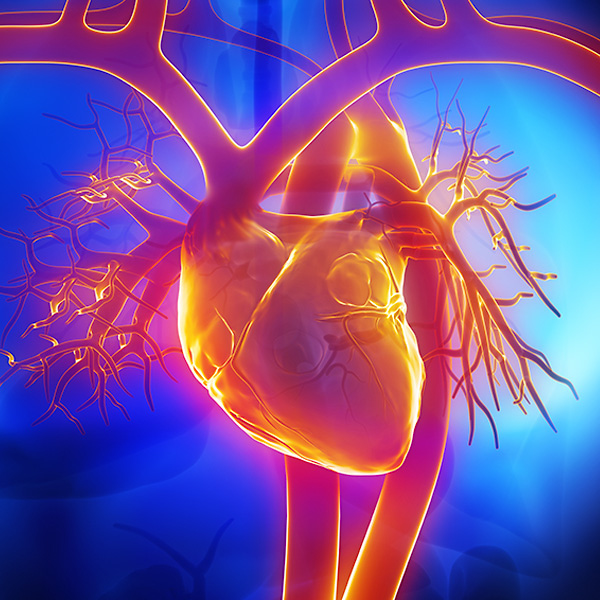Long QT Syndrome (LQTS)
Overview and Facts about Long QT Syndrome
Long QT syndrome, also know as LQTS, is a heart condition where your heartbeat may suddenly become erratic, or faster than usual. This abnormal type of beating is known as arrhythmia and is caused by a problem with your heart’s electrical activity.
Doctors call this disorder long QT syndrome because of the specific pattern they see when using an EKG to track heart activity. Q and T are names for the data that mark the electrical activity in the heart’s lower chambers, and in a person with LQTS, the QT interval is longer than in someone with a healthy heart.
Causes and Risk Factors of Long QT Syndrome
LQTS can be inherited (congenital-at birth), or an individual can develop it later in life. Overall, scientists have identified seven types of long QT syndrome that can be inherited.
Most cases of acquired LQTS are caused by taking certain medications. While scientists have identified over 50 medications that cause LQTS, here are some of the more common ones:
- Antibiotics
- Antihistamines
- Antiarrhythmic medication
- Diuretics
- High cholesterol medication
- Diabetes medication
- Antidepressants
The biggest risk factor for LQTS is having a first-degree relative with heart conditions like this. Additionally, having low levels of potassium, calcium, or magnesium in your blood puts you more at risk.
Signs and Symptoms of Long QT Syndrome
In LQTS, you might be able to notice your heart beating differently at certain times, though many people have no idea they have a problem until they have further testing. Other symptoms include:
- Unexplained fainting, especially when exercising, excited, or scared
- Unexplained near drowning, as you may lose consciousness in the water unexpectedly
- Seizures
- Noisy gasping, or snoring while sleeping
- Sudden cardiac arrest or death
If you have inherited LQTS, your symptoms can start in the first few weeks after birth. However, most people with this disease have their first symptoms before the age of 40.
Tests and Diagnosis of Long QT Syndrome
Like many heart conditions, long QT syndrome is diagnosed with several tests, including:
- EKG to measure the electrical activity of your heart
- Exercise stress test to see how your heart reacts under strain
- Holter monitor to record your heart’s activity over the span of a day
Your family medical history, as well as genetic testing, can also play a big role in diagnosis.
Treatment and Care for Long QT Syndrome
Unfortunately, there is no cure for LQTS. However, your doctor can help you reduce your abnormal heart rhythms to reduce your chances of premature death. Preventative measures to take include:
- Avoiding strenuous exercise and sports, as these can put too much pressure on the heart
- Avoid certain medicines that contribute to LQTS
Medications that your doctor may prescribe to help manage LQTS include:
- Beta blockers to slow your heart rate
- Fish oil to increase heart health
- Mexiletine to shorten the QT interval
- Spironolactone or potassium to improve your heart’s ability to recharge

Request an Appointment
Loyola Medicine heart and vascular specialists have the experience and technology to treat the most difficult cardiac and vascular conditions. Schedule an appointment today.
Schedule a Telehealth Appointment
